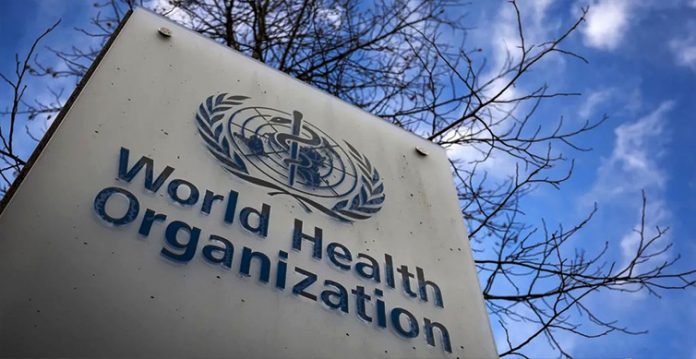The World Health Organisation (WHO) has announced a clinical trial to study three antimalarial and anti-inflammatory drugs as potential treatments for patients with Covid.
The drugs — artesunate, imatinib, and infliximab — were selected by an independent expert panel for their potential in reducing the risk of death in hospitalized Covid-19 patients, the WHO said in a statement.
The drugs are already in use for other conditions: artesunate is used for severe malaria, imatinib for certain cancers, and infliximab for diseases of the immune system such as Crohn’s Disease and rheumatoid arthritis.
“Finding more effective and accessible therapeutics for Covid-19 patients remains a critical need, and WHO is proud to lead this global effort,” WHO Director-General, Dr. Tedros Adhanom Ghebreyesus, said in the statement.
ALSO READ: Remdesivir, HCQ have no antiviral effects: WHO study
“I would like to thank the participating governments, pharmaceutical companies, hospitals, clinicians and patients, who have come together to do this in true global solidarity,” he added.
The trial involves thousands of researchers in over 600 hospitals in 52 countries. Artesunate will be administered to Covid-19 patients intravenously for seven days, imatinib will be given once daily for 14 days, and infliximab will be injected in one single dose.
The drugs’ manufacturers, Ipca (artesunate), Novartis (imatinib), and Johnson & Johnson (infliximab) donated supplies to the trial, the WHO said.
None of the drugs are currently approved by the US Food and Drug Administration for use in coronavirus patients.
ALSO READ: WHO Calls for Price Cut on Drug for Covid-Linked Black Fungus
A WHO-led trial, last year, evaluated four drugs — remdesivir, hydroxychloroquine, lopinavir, and interferon. The results showed that the drugs had little or no effect on hospitalized patients with Covid-19.
SOURCE-IANS







